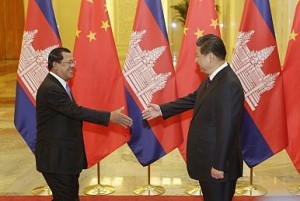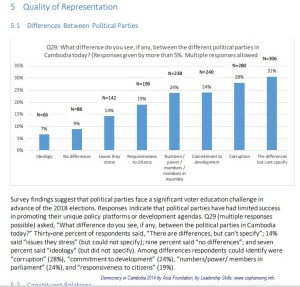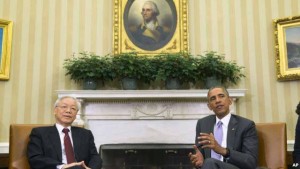This part (28) which is broadcasted by CMN Khmer Radio in July 12-13, 2015, the author Mr. Sophan Seng continued to discuss the Sun Ray Policy Platform phase 3. For this phase, different from phase 1 and phase 2 on lifting up and building up shadow cabinet of the opposition party CNRP respectively, the author talked about the importance of Public Policy, the meaning of it, and its theoretical and practical frameworks to adding towards the meaningful Policy Platform of a political party.
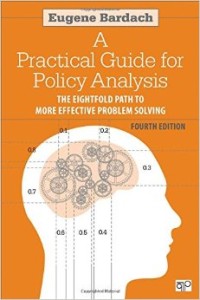 According to Bardach Eugence, a meaningful public policy analysis consists of eight steps:
According to Bardach Eugence, a meaningful public policy analysis consists of eight steps:
1. Define the Problem
2. Assemble Some Evidence
3. Construct the Alternatives
4. Select the Criteria
5. Project the Outcomes
6. Confront the Trade-offs
7. Decide
8. Tell Your Story
The author himself had experienced during his schooling for the courses on Public Policy Analysis by joining practicum with the office of Honolulu city mayor. His analysis mainly focused on the Political Participation for the Neighborhood Board policy of the city. While his key criteria were “cost benefits, administrative feasibility, and political 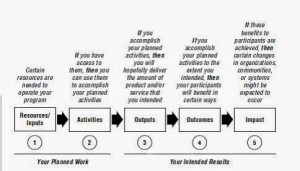 acceptability” to be used for his study, the concepts of efficiency, equality, political acceptability, and robustness etc. are widely useful for analysts.
acceptability” to be used for his study, the concepts of efficiency, equality, political acceptability, and robustness etc. are widely useful for analysts.
Drawing from these contextual frameworks, Cambodia political parties are in need to focus on policy than to focus on leader figures as also claimed by Asia Foundation, in which the author shall discuss in details for the next part of “Political Paradigm of Pragmatism from the Khmer Youth” program.

